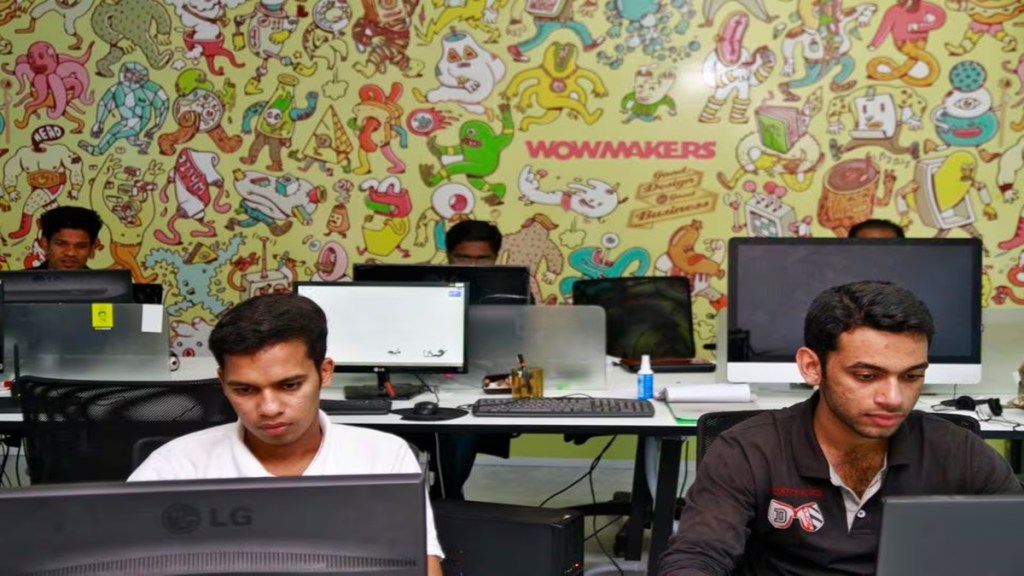If numbers ever told a story, it was the $8.3 billion that investors put in start-ups last year—the smallest commitment in five years. With two-thirds of this amount going to fintechs, e-commerce and enterprise technology, it was evident that investors were no longer willing to bet on everything that came their way. In fact, the huge mark-downs showed many investors acknowledging that their investee firms weren’t worth quite as much as they had earlier believed. Although there is some $10 billion of dry powder, caution and circumspection will persist in 2024 as most businesses are still burning cash. Moreover, like last year, private equities and venture capital firms will keep shying away from new businesses—seed-stage start-ups pulled in 72% less in 2023 than they did in 2022. That means there could be fewer new start-ups until there is more confidence in the existing models and the environment. Inc42 estimates that 2022 and 2023 together saw 1,140 new start-ups, way lower than 1,400 new ventures in 2021.
To be sure, the losses at many of the start-ups have narrowed in this financial year. However, the many disruptions in terms of competition, stricter regulation or new technology have left many others in a shambles. Take the case of Dunzo, which never seems to pay salaries on time. One casualty of tighter regulation has been PayTm. The lender has been compelled to scale down operations in some profitable areas because the rules have been tightened. Moreover, the competition in the fintech space is set to get intense with Jio Financial expected to go all out this year.
Of course, the big regulatory change awaited is the new e-commerce policy. Hopefully, it will bring clarity in terms of the definition of foreign investment (where there is still some ambiguity) while creating a level-playing field for foreign and domestic players. The government is hoping to rein in price distortions by curbing bulk purchases of branded products such as mobile phones by group companies of foreign-owned e-commerce players. The draft policy suggests that Indian-owned and Indian-controlled online marketplaces would be permitted to hold inventory, provided the products are 100% locally produced. It also prescribes that personal data of customers or community data will be stored in the country, but that could be contested by foreign firms who use data analytics to reach out to customers. While the government is well within its rights to regulate the sector, one hopes it would be impartial across local and foreign players. Meanwhile, with cash reserves dwindling, start-ups will need to further tighten their belts in 2024. That could mean further layoffs on the back of around 35,000 sackings in 2022 and 2023. Also, more businesses could be put on the block though whether there would be takers is not clear. There was none for ZestMoney after all. It is though possible that investors could bail out a promising business, much like it happened at PharmEasy.
Last year was a comeback year for new-age technology companies (NATC). After capitulating in 2022, 14 of them added a combined $12 billion in market capitalisation. The successful listing of Honasa will encourage more start-ups to go public in 2024. In fact, much of the capital waiting to be deployed could be invested in pre-IPO rounds or in late-stage businesses that are likely to hit the market in 2025. Other than that, money will flow mainly into start-ups in AI, deep-tech and localised language learning models.

